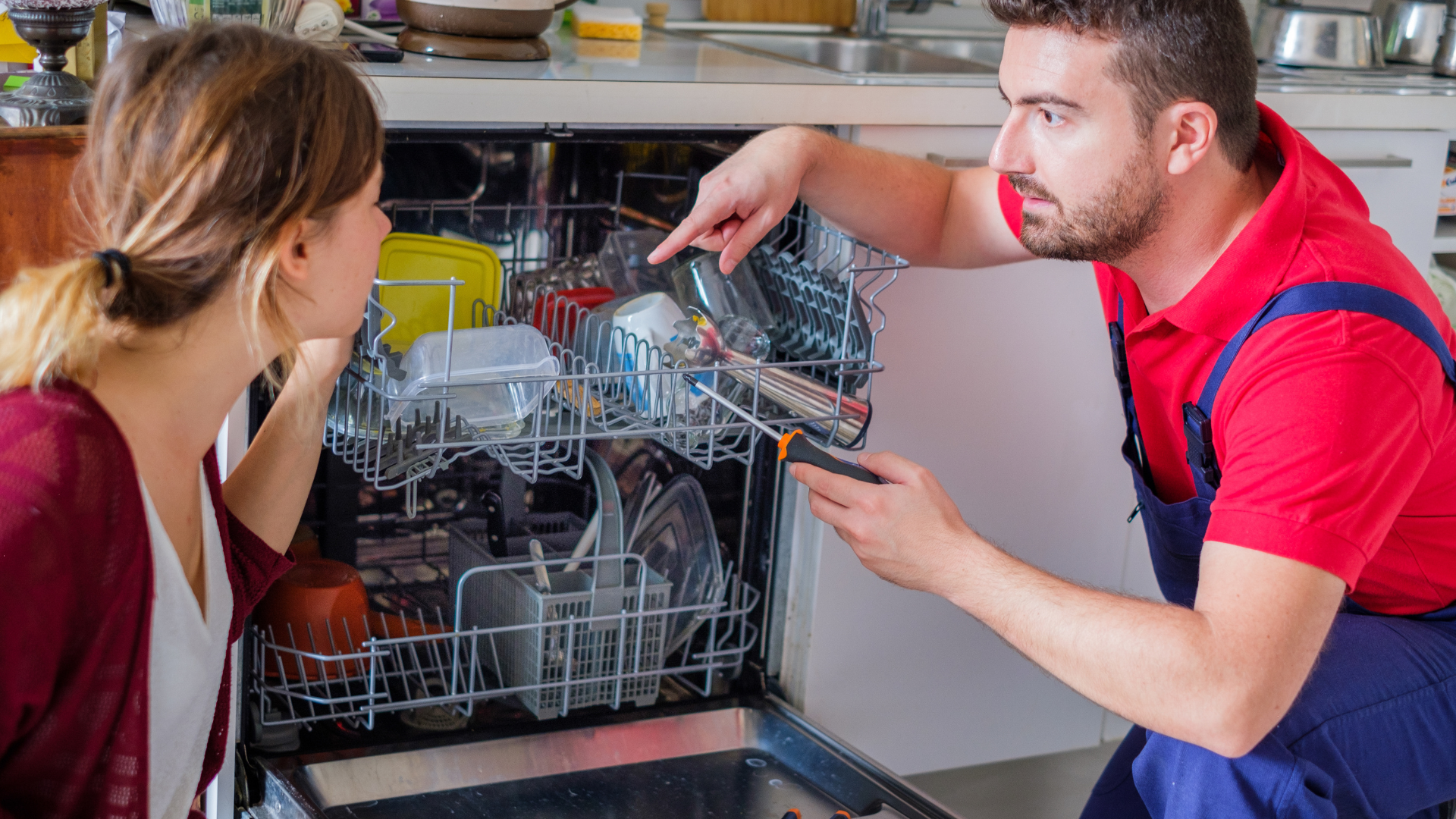
The age of the appliance, the severity of the problem, and the cost of repairs relative to replacement all play a role in determining whether to repair an appliance.

Rules for Repairing or Replacing Appliances
Here are some rules to follow while repairing or replacing home appliances.
Appliance’s Age:
Repairs could be more affordable if the equipment is still under warranty and is relatively new. It may be more sensible to replace outdated appliances, particularly if they have exceeded half of their anticipated lifetime.
Price of Repairs:
Compare the price of a new item with the cost of repairs. If the cost of repairs is much lower, it would be worthwhile to mend.
Breakdown Frequency:
If the equipment malfunctions often, there may be deeper problems at hand. In certain situations, replacement can be a longer-term, more dependable answer.
Energy Effectiveness:
Because they often use less energy, newer appliances may save you money on your power costs. It can be wise to update if your existing appliance is inefficient with energy use.
Parts Availability:
Repairs may be difficult for older appliances because of components that have been discontinued. Prior to making a decision, find out whether replacement components are available.
Problems with performance:
It could be time to update if the appliance isn’t fulfilling your demands or if its performance has drastically decreased. Repairs might be required.
Costs of Upcoming Maintenance:
Take into consideration the appliance’s general state. Purchasing a new, more dependable appliance can be a wise decision if it will need to be repaired often in the future.
The choice to replace or repair appliances ultimately comes down to your own tastes, financial situation, and circumstances. When in doubt, seek the opinion of a qualified appliance